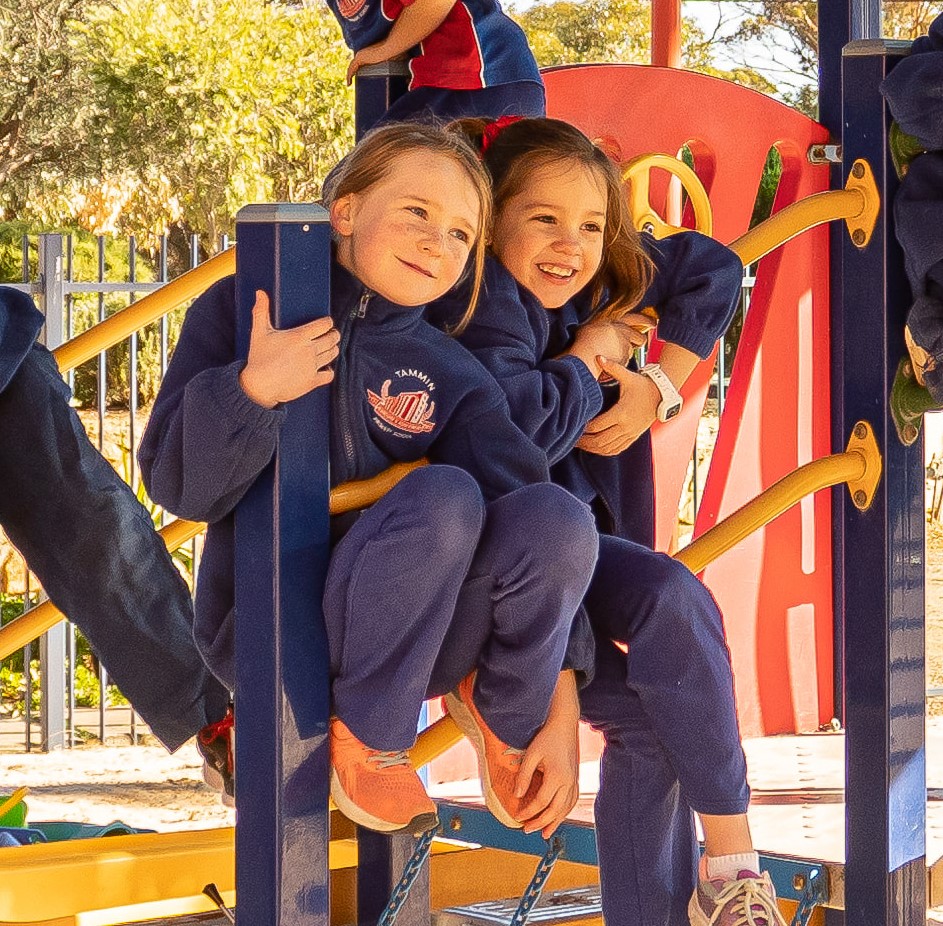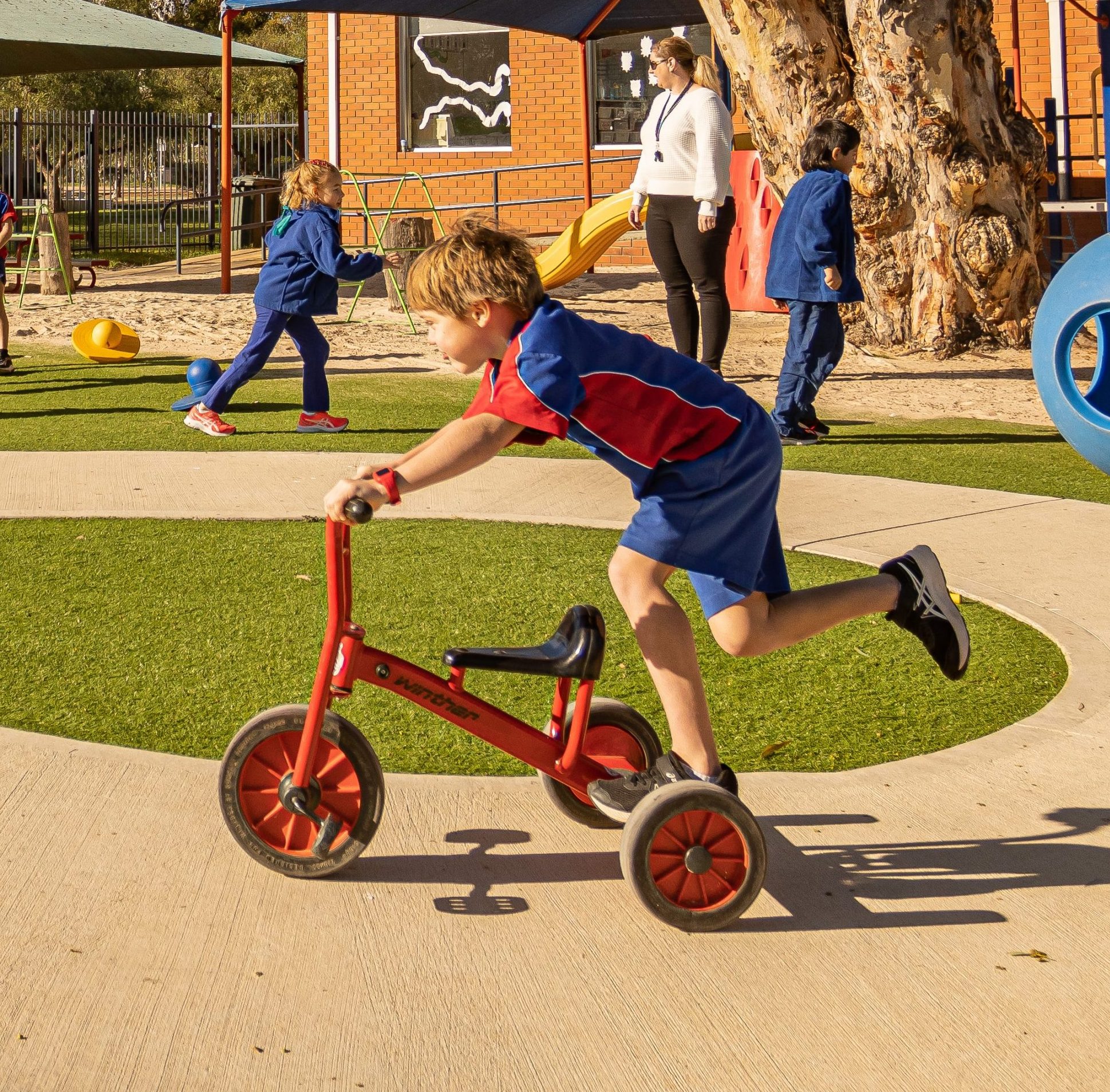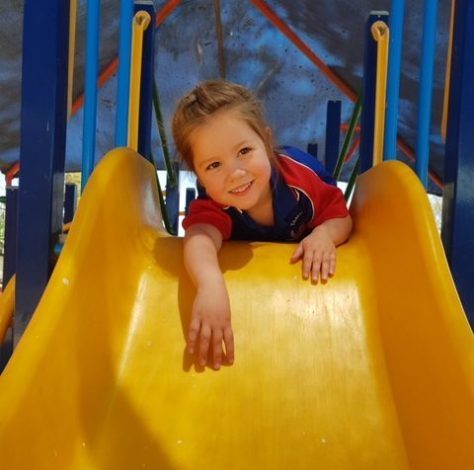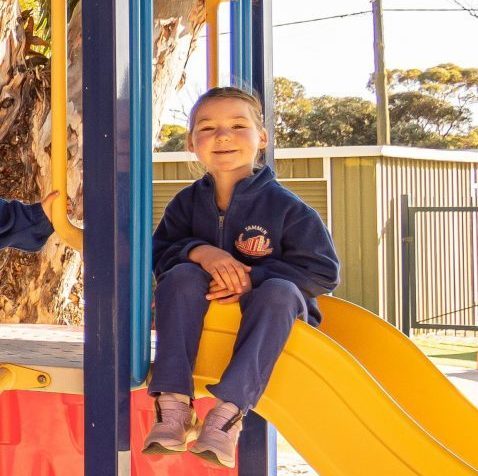Curriculum
Numeracy
We have established a whole school approach to the teaching and learning of mathematics. At Tammin Primary School, teachers deliver a balanced numeracy program providing students with opportunities to develop the knowledge and vocabulary needed for thorough understanding and application of mathematical concepts. All teachers follow a consistent approach to the numeracy block. This includes revision of key concepts and basic facts, structured mental maths program and a problem solving focus throughout concept development. This ensures the link is made between key mathematical concepts and its relevance to the real world. Students will be presented with a range of representations of the same concept, which will include the use of manipulatives, concrete materials, pictures and diagrams and abstract ideas. Delivery of a new concept will be explicitly taught using the I Do, We Do, You Do model. Using a range of proven methods, teachers will check for student understanding before extending them to the next level. Students will also be given the opportunity to individually show their understandings and explain their mathematical thinking through a variety of assessment tasks.
Literacy
All students at Tammin Primary School are immersed in integrated structured daily literacy blocks which incorporate explicit comprehension & writing lessons; our teachers use the Problem Solving Cycle approach during comprehension lessons; teachers integrate ICT into literacy lessons regularly.
| LITERACY BLOCK: What does it look like?
We use the iStar – a model for connected practice within classrooms • INFORM-INSPIRE: purpose & intended learning outcomes & engaging activity; • SHOW-SHARE: Gradual Release of learning; • TRY-TRANSFER: try & practice learning together; • APPLY-ACTION: apply new learning independently; • REVIEW-REVISE: demonstration of progress toward intended outcome & assessment. |
Health and Physical Education
In Health and Physical Education, students develop the skills, knowledge, and understanding to strengthen their sense of self, and build and manage satisfying, respectful relationships. They learn to build on personal and community strengths and assets to enhance safety and wellbeing. They critique and challenge assumptions and stereotypes. Students learn to navigate a range of health-related sources, services and organisations.
Health and Physical Education provides students with an experiential curriculum that is contemporary, relevant, challenging and physically active.
Throughout the year, Tammin Primary School students have a variety of opportunities to enjoy friendly competition, including:
- Faction and Interschool Athletics Carnival
- Interschool Cross Country
- Faction and Interschool Swimming Carnival
- Weekly school sport
- Winter Interschool Carnival
- Interschool Tennis Tournament
- Interschool Cricket Carnival
Science
Our science program has three interrelated strands: science understanding, science as a human endeavour and science inquiry skills. Students are encouraged to use their critical thinking skills about science, through a variety of theoretical and hands-on activities. Students develop their understanding using a clearly described inquiry process to explore science, its concepts and uses in a highly stimulating environment.
Science investigations are activities in which ideas, predictions or hypotheses are tested and conclusions are drawn in response to a question or problem. Investigations can involve a range of activities, including experimental testing, field work, locating and using information sources, conducting surveys, and using modelling and simulations.
The sub-strands of science inquiry skills are:
Questioning and predicting
Planning and conducting
Processing and analysing data and information
Evaluating
Information and Communication Technology
The ever changing nature of ICT in our world highlights the need for students to be flexible and creative problem solvers and critical thinkers while working in a safe online environment.
Students at Tammin Primary School have access to ICT through:
- a computer lab allows teachers to teach students specific skills in ICT linking this to cross curricular areas;
- the use of the wireless network for iPads, providing flexibility and portability for students to be innovative and creative; and
- the use of Interactive Whiteboards in every classroom as a teaching tool across all curriculum areas.
Languages other than English
In 2018 our some of our students are learning Indonesian as a second language.
Through learning languages, students acquire:
- communication skills in the language being learnt
- an intercultural capability, and an understanding of the role of language and culture in communication
- a capability for reflection on language use and language learning.
Learning languages:
- extends the capability to communicate and extends literacy repertoires
- strengthens understanding of the nature of language, of culture, and of the processes of communication
- develops intercultural capability
- develops understanding of and respect for diversity and difference, and an openness to different experiences and perspectives
- develops understanding of how culture shapes worldviews and extends learners’ understanding of themselves, their own heritage, values, culture and identity
- strengthens intellectual, analytical and reflective capabilities, and enhances creative and critical thinking.




